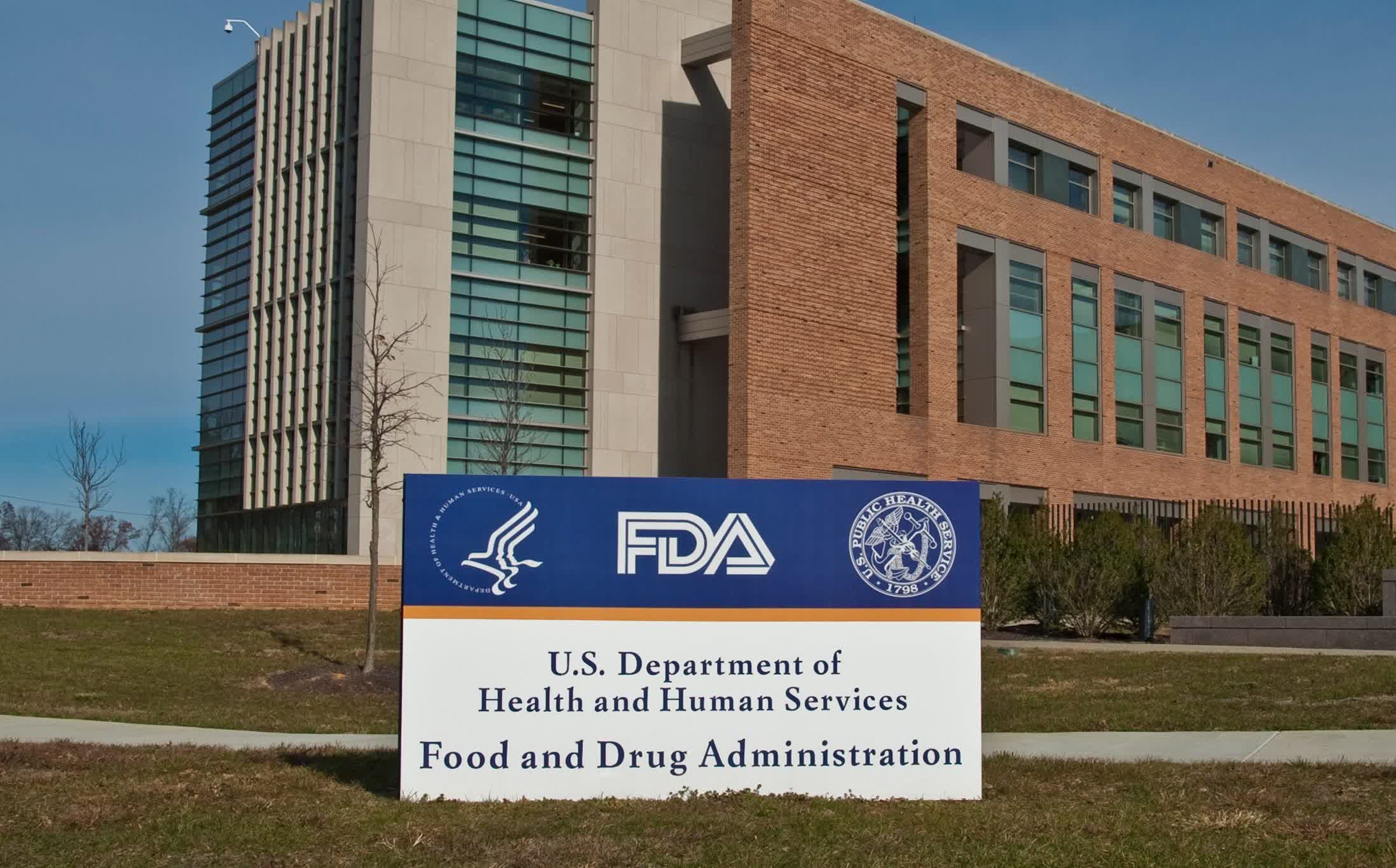Why it matters: It was only a matter of time before governments jumped aboard the AI hype train. The US government has a lousy track record when it comes to rolling out tech projects – remember the Affordable Care Act website fiasco? Now, it is launching a new LLM, and early signs suggest the tool is rushed and unfinished.

The Food and Drug Administration has officially launched "Elsa," a generative artificial intelligence platform designed to help staff across the agency work more efficiently. However, internal critics argue the rollout moved too quickly and say the tool, in its current state, is underwhelming.
The agency framed the release as a leap toward modernization. Built on Amazon's secure GovCloud platform, Elsa analyzes internal data, generates summaries, drafts emails, and assists with document reviews. Commissioner Marty Makary was quick to pat FDA developers on the back for completing the project "ahead of schedule and under budget," touting the administration as a leader among federal agencies deploying artificial intelligence.
"Following a very successful pilot program with FDA's scientific reviewers, I set an aggressive timeline to scale AI agency-wide by June 30," Makary said. "Today's rollout of Elsa is ahead of schedule and under budget, thanks to the collaboration of our in-house experts across the centers."
According to the FDA's announcement, Elsa already handles tasks like comparing clinical trial protocols and flagging anomalies in inspection reports. The agency claims that since testing began in January, FDA staff have used the tool thousands of times.

However, internal confidence in Elsa falls short of the agency's claims. NBC News reports that employees who have used Elsa describe it as buggy and barely able to complete simple tasks. One internal email said the system "couldn't do basic things like copy and paste or open hyperlinks."
Some staff expressed frustration with the agency's aggressive timeline. Sources told Stat News that the public announcement blindsided the internal team managing Elsa, forcing them to scramble and finalize details management had never communicated to staff. One person called the reveal "premature," saying the launch felt more like a PR stunt than a practical milestone.
Makary acknowledged the project won't be perfect at launch. In an interview with Stat, he said Elsa will evolve through user feedback and gradual improvements.
"This is a journey," he said. "Elsa today is going to be different than Elsa in six months."
Still, some staff question why the FDA greenlit a public debut before the tool passed basic usability tests. The timing raised concerns that internal transparency took a backseat to a political win – especially as the agency aims to appear forward-looking amid growing public scrutiny over its regulatory pace.
Elsa is restricted to FDA employees and does not train on data from regulated companies. Officials say they will monitor its use to prevent bias and misinformation, but critics argue that oversight mechanisms were vague or missing in early rollout communications.
Whether Elsa becomes a powerful productivity tool or just another flashy federal tech project that fizzles will likely depend on what happens next – and how much the agency listens to its employees. Given the government's long history of stumbling through tech rollouts, the road ahead looks anything but guaranteed.
FDA claims victory with "Elsa" AI tool launch, but insiders call it half-baked